Student Blog
Interview with two travel nurses: https://nurse.org/articles/travel-nurse-pay-off-debt-rv/
I had the wonderful opportunity to go to Santarém, Brazil for one month to learn about another country’s healthcare and experience a new culture. The trip greatly exceeded my expectations. It was the perfect mixture of learning and serving, as well as going on fun, cultural adventures. We visited many different healthcare services located in Santarém: clinics, Municipal Hospital, Regional Hospital, addiction treatment center, HIV/STD clinic, an epidemiological research center of tropical diseases, a center/school for malnourished children, an herbal and holistic health treatment center, and health departments. These are just some of the many services provided in Santarém; there are also private healthcare clinics that we did not visit.
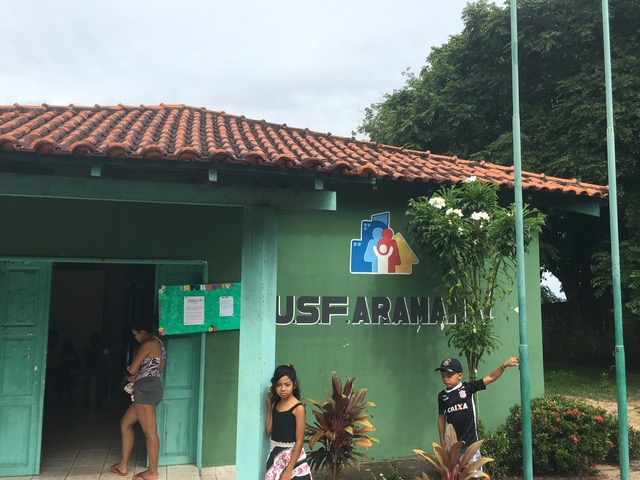
It was shocking to see the Municipal Hospital so over-crowded. There were minimal patient rooms available, and hundreds of people waiting in the ER for a bed. Unfortunately, this is the only hospital available for immediate care, as the Regional Hospital only has 150 beds and requires referrals (typically critical cases from the Municipal Hospital). Visiting these public hospitals and clinics will impact my future nursing career by making me appreciate my coworkers. When visiting the Municipal Hospital, we met a nurse that was responsible for 36 Med-Surg patients. Although she was working alone on the unit and there is typically another nurse present, she shared that typically nurses are responsible for 20-35 patients. This was shocking to me and will impact my future nursing career when nurse: patient ratios are off and I am caring for 6+ patients and stressed. This was not the only unit where there was overcrowding of patients and not enough nurses. However, it amazed me to see how well the available nurses worked to care for their patients. They worked together and accomplished goals.
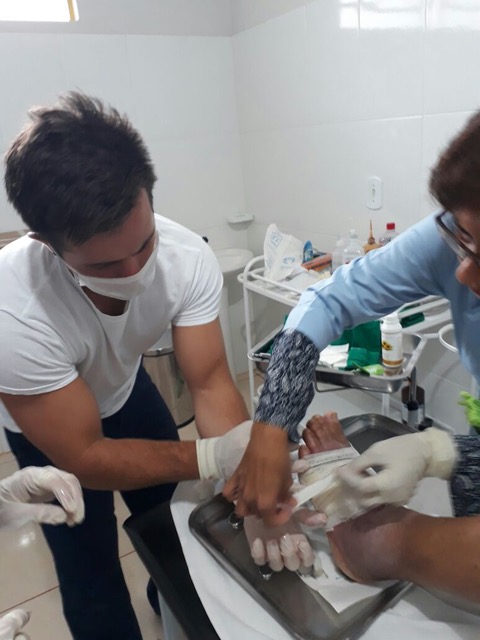
The Municipal Hospital is also short-staffed of doctors; doctors visit the units (non-ICU) only once per day, this leaves a lot of responsibility for the nurses. It was inspiring to see the nurses care for the patients; they provided healthcare, educated, advocated for the patient’s needs, plus did several “doctor” responsibilities (although outside of nursing realm in the US, it is allowed in Brazil) including prescribing medications, delivering babies, providing stitches and wound care, etc. This will impact my future nursing career by reminding me of the many roles a nurse can play for a patient, and that I will likely have the opportunity to form the closest relationship with a patient as a nurse.
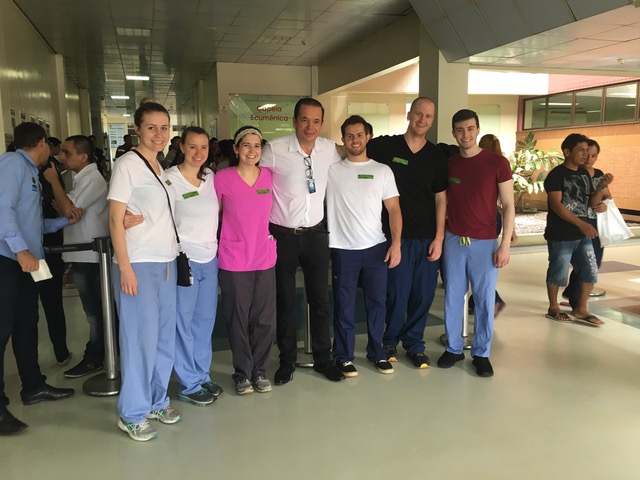
My experience in Brazil was eye-opening in so many ways. My time in Santarém made me acknowledge how I take healthcare for granted. In Morgantown, I live minutes away from a distinguished and technologically advanced hospital. If I need to go to a clinic, there are countless options to choose from, and I can see a doctor within an hour. I have easy access to healthcare and treatment is available 24/7. I now see this as a luxury, not something that is guaranteed. We visited multiple river communities during our trip. Several rural river communities neighboring Santarém typically receive monthly healthcare visits by a team on a boat. However, unfortunately, there are conflicts between city hall and a local university over this health boat. As a result, the health boat has not visited many of these river communities since October. One specific community that we visited had a nurse who lived there and served people from surrounding communities too, but the communities have not seen a doctor in months unless they took their own boat several hours away to Santarém.
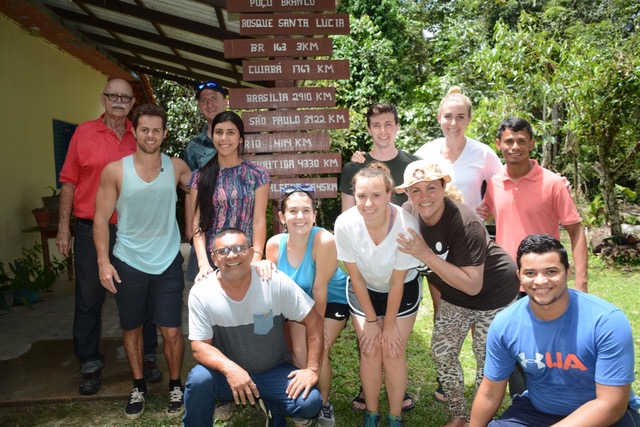
As a future healthcare provider, I was very frustrated with the “politics” that was preventing the perfectly-working boat from serving people. After seeing the lack of healthcare in these rural river communities, I had a better understanding of what it is like for rural Americans as well. As a future nurse likely working in Morgantown, I will see many patients from rural areas who may not have frequent access to and availability of healthcare. It will be my responsibility to educate both how to prevent illnesses and manage current diseases. During my time in the river communities, I saw firsthand how important the role of the nurse is, especially because visits from doctors are infrequent. The nurse has a vital role in primary prevention efforts because treatment and healthcare access is minimal.
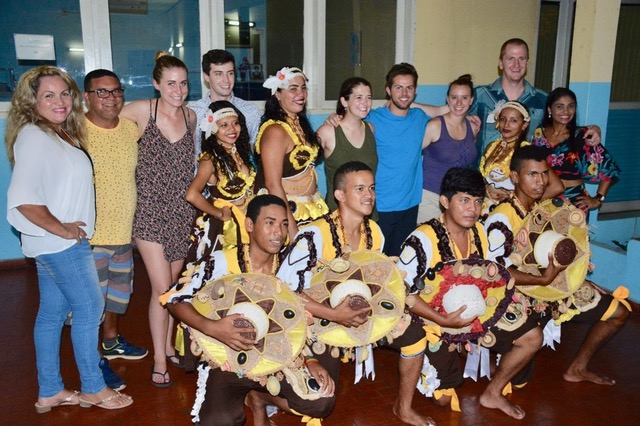
Submitted by Kaylee Schmidt, WVU SON student